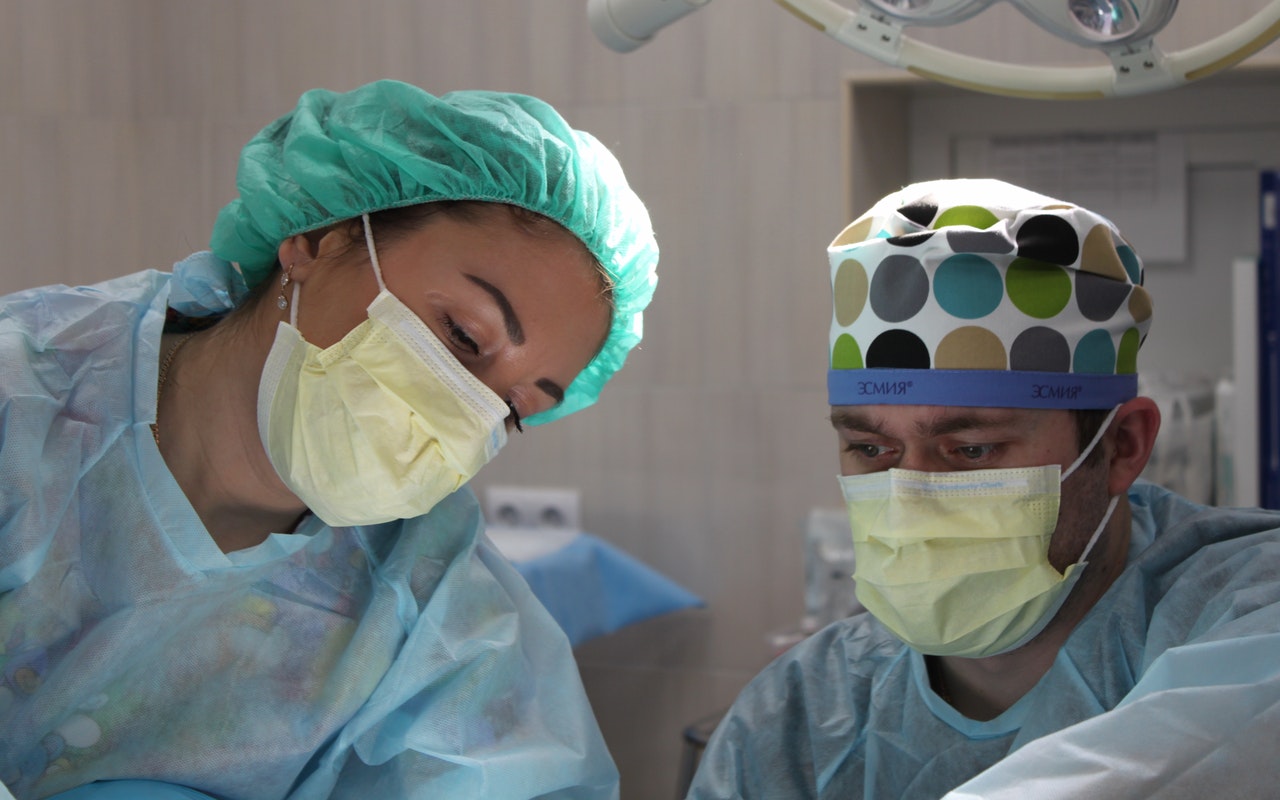Physiotherapists treat their patients with a holistic approach that considers the impact of exercise on the whole person. Revive Physiotherapy Conversely, the whole person (including their diet) can greatly impact exercise. In particular, diet can increase the risk of developing chronic diseases such as type 2 diabetes, hypertension, and cardiovascular disease, and being aware of dietary habits on a patient’s outcome is therefore a definite asset to physiotherapy practice.
Diet-Associated Vascular Changes
Ballinger summarizes the studies by indicating that muscle deconditioning can lead to a decrease in blood flow to the muscles, whereas during exercise, metabolic needs require an increase in this flow instead. Furthermore, as demonstrated by Rapper et al.
factors that promote increased blood flow, such as physical activity, may also increase exercise tolerance. Diet is another element that can positively or negatively affect blood circulation in the muscles. For example, one study reported an increase in microvascular vasodilation within six hours of consuming two 500ml glasses of juice.
Glucose Uptake And Insulin Resistance
During aerobic exercise, the body’s glucose requirements are primarily met by the concentration of glucose in the blood. We also know that during intense anaerobic exercise, it is intramuscular glycogenolysis that meets the demand for glucose, which has the effect of rapidly lowering the level of glycogen in the body.
after the consumption of a glass of orange juice daily for 4 weeks Kapil et al. report that beet juice, rich in dietary nitrates, significantly reduces hypertension within 24 hours of ingestion. Physiotherapy can stimulate neuroplasticity in patients with brain or spinal cord injuries, and nitrates such as those found in beet juice, as demonstrated by Presley et al., may increase cerebral perfusion and complement these neuroplastic changes
observed insulin resistance within three hours of eating a high-fat meal; Roden et al. also showed that insulin resistance can impair intramuscular glycogen restocking and glucose oxidation, and may reduce blood glucose availability to muscles during exercise. It is also now accepted that insulin resistance is caused by intramyocellular lipids (the fat in the muscles) as well as by the free fatty acids circulating in the blood, which can interfere with the mechanism of action of insulin
The Effects of a High-Fat Diet on Blood Circulation
Studies have shown that compared to a low-fat meal a single high-fat meal can significantly increase blood pressure and total peripheral vascular resistance as well as activate coagulation factors that can increase blood coagulability.
Oxidative Stress And Antioxidant-Rich Foods
Recent studies by Black and Billeted show that only 26% of Canadians consume the minimum number of daily servings of fruits and vegetables listed in national dietary recommendations and that those who consume the least fruits and vegetables are more likely to turn to convenience foods. eat high in refined grains and fats. It is therefore likely that a high proportion of patients seen by a physiotherapist do not consume the recommended number of fruits and vegetables.
The Future of Rehabilitation
Further studies should specifically examine the effect of dietary habits on rehabilitation outcomes across body functions and structures, as well as activity and participation categories. There is therefore a need for rehabilitation researchers to partner with nutrition researchers to design clinical trials that fill current gaps. Various clinical conditions such as cancer, multiple sclerosis, cardiovascular disease and other metabolic disorders have benefited from research aimed at better understanding the impact of diet. Both nutrition and rehabilitation researchers need to pay more attention to the field of nutritional rehabilitation.
Read More: Acupuncture Downtown Calgary






